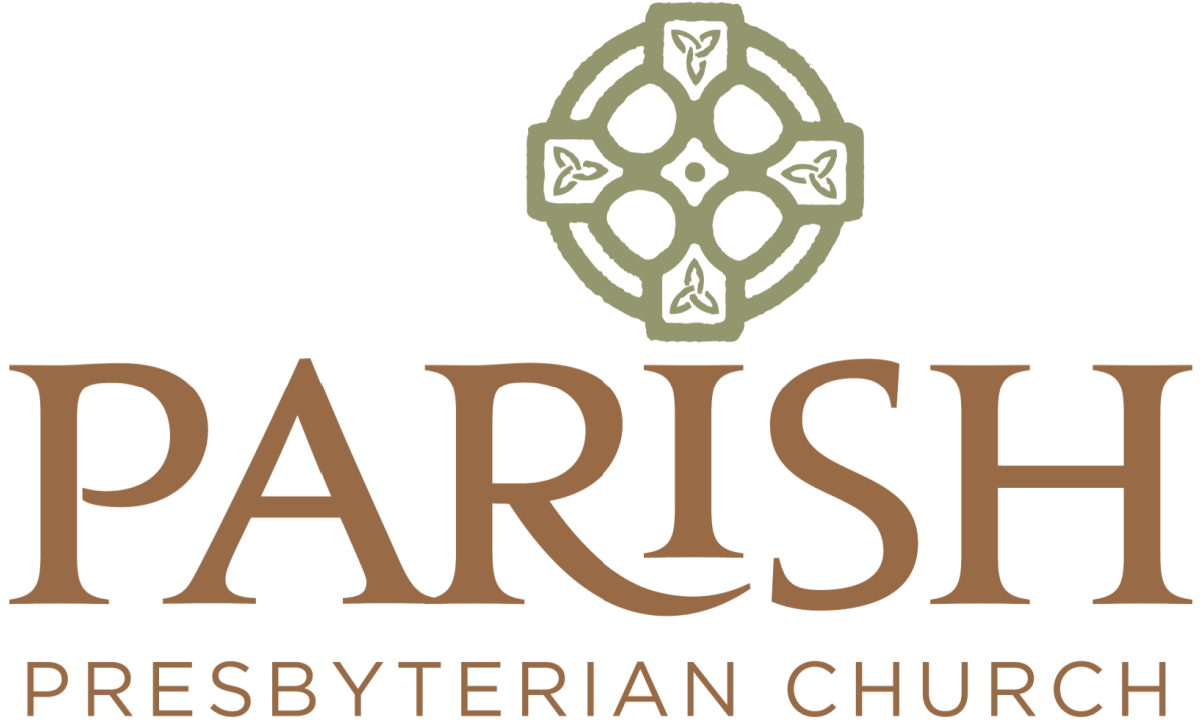Matthew 2:19-23 But when Herod died, behold, an angel of the Lord appeared in a dream to Joseph in Egypt,20 saying, “Rise, take the Child and His mother and go to the land of Israel, for those who sought the child’s life are dead.” 21 And he rose and took the Child and His mother and went to the land…
Matthew 2:13-18 Matthew 2:13-18 13 Now when they had departed, behold, an angel of the Lord appeared to Joseph in a dream and said, “Rise, take the Child and His mother, and flee to Egypt, and remain there until I tell you, for Herod is about to search for the Child, to destroy Him.” 14 And he rose and…
O come to us, abide with us, our Lord, Emmanuel. —Phillips Brooks Advent is usually observed as a season of confession, preparation, and anticipation, looking forward to the birth of Christ on Christmas Day. You’ll notice several added elements in the service this morning: lighting of candles during the Call to Worship, purple accents on the bulletin and the pulpit,…
As we come to the end of the church year, it is appropriate that we look back on the year that has passed with thanksgiving. In a season that has certainly presented challenges in our world and our culture, the Lord has nevertheless poured out blessings on us—bringing new faces, new lives, and new opportunities here at Parish. We respond…
“Justice” is a term that we often hear in our contemporary cultural moment. On social media posts, in high profile court cases, and even in the streets, our nation has been in turmoil over questions of justice. But who determines the standard for justice? Is justice simply what benefits my tribe or interest group? Or is it a shifting cultural…
“Justice” is a term that we often hear in our contemporary cultural moment. On social media posts, in high profile court cases, and even in the streets, our nation has been in turmoil over questions of justice. But who determines the standard for justice? Is justice simply what benefits my tribe or interest group? Or is it a shifting cultural…
Dr. John Currie (DMin, Westminster Theological Seminary) is Dean of Pastoral Theology, Professor of Pastoral Theology, and Director of the D.Min Program at Westminster Theological Seminary. Dr. Currie’s academic interests include expository preaching and pastoral leadership. Dr. Currie has extensive pastoral experience and is an ordained minister in the Orthodox Presbyterian Church. Before serving at Redeemer OPC, Currie also served…

